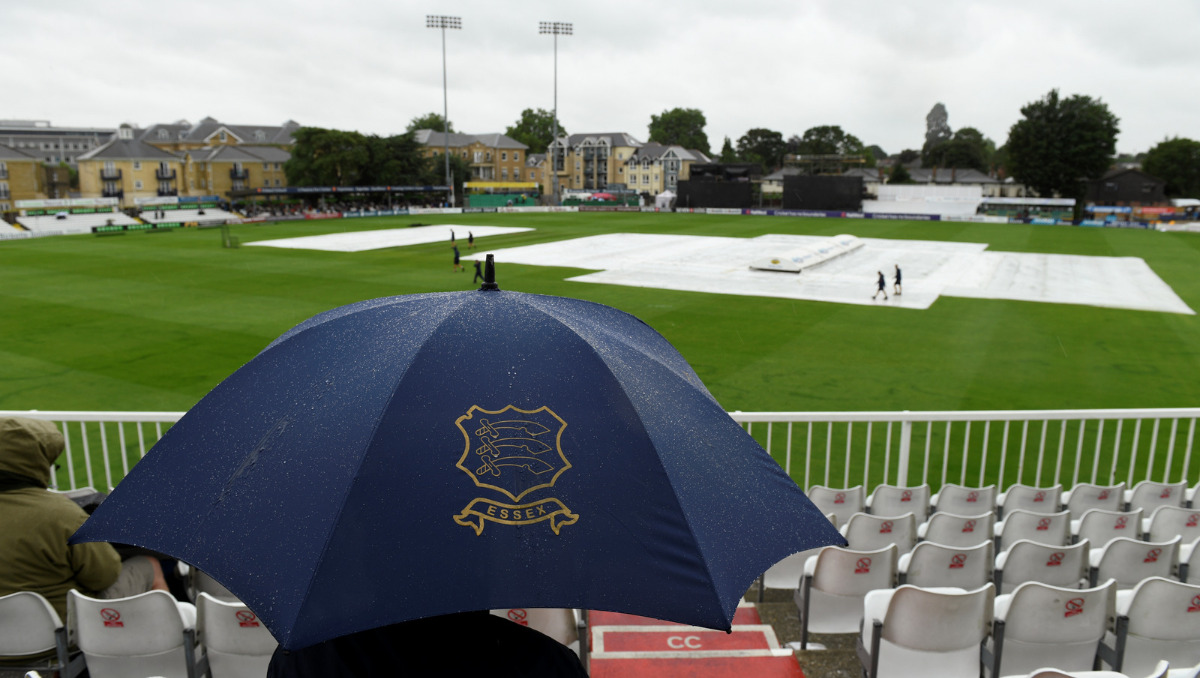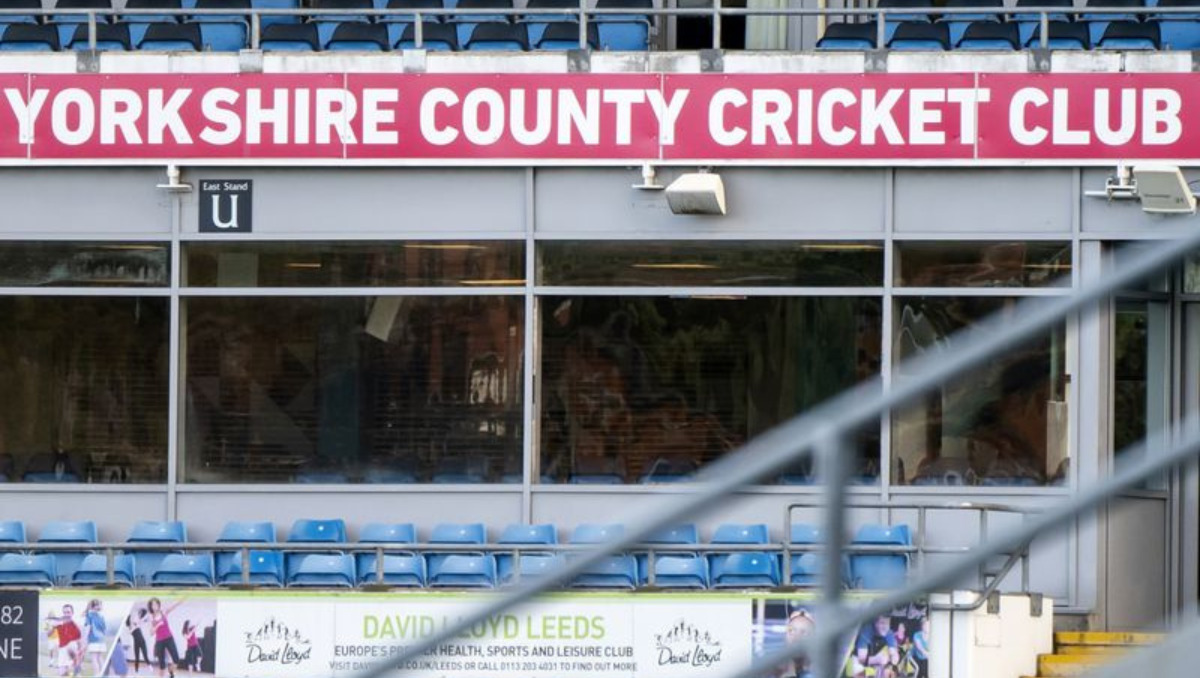The Independent Commission for Equity in Cricket’s study claims that racism is “entrenched” in English cricket, that women are excluded, and that class barriers are not being addressed. For the report, more than 4,000 people supplied evidence.
The England and Wales Cricket Board issued a resolute apology for the shortcomings outlined in the report and to the individuals who had experienced discrimination in the sport of cricket.
The board also promised to work over the following three months on a reform package based on the 44 recommendations made in the research.

The ECB must pledge to be an organization that opposes racism, sexism, and classism, and it must encourage all other cricket-related organizations to follow the same.
The ECB needs to invest more money in the fundamental systems that underpin women’s and girls’ sports at a rapid rate. Equal pay must also be implemented at both the local and international levels by 2029 and 2030, respectively, in the professional women players’ wage structure.
Evidence and deep-seated concern
The Independent Commission for Equity in Cricket received testimony from more than 4,000 individuals. The death of George Floyd in 2020 and widespread outcry over entrenched racism prompted the ECB to hire Cindy Butts to write a carefully drafted report.
- Discrimination is experienced by 50% of respondents;
- Cricket is rife with racism;
- Women face sexism frequently and are marginalized;
- The lack of attention paid to removing class boundaries;
- Complaints systems are unclear and ineffective;
- There needs to be a considerable improvement in equity, diversity, and inclusion.
The ICEC report, which now has more than 300 pages, highlights problems that were not sufficiently addressed in the wake of an earlier ECB report on racism published 24 years ago.

The study is intended to spur considerable change in the sport, according to Dame Caroline Dinenage MP, the chair of the House of Commons’ Culture, Media, and Sport Committee.
The paper emphasizes the wealth of data pertaining to sexism, elitism, and racial discrimination in addition to the proof of racial discrimination. This is especially demoralizing for a sport that ought to be available to everyone, and it emphasizes the pressing need for change.
Making cricket a friendly and inclusive environment for everyone is now a challenge for the ECB’s new leadership. The ECB’s recognition of the need for a reset is greatly appreciated, and we anxiously anticipate seeing their promise put into practise.
English cricket faces pragmatic challenges
According to Richard Gould, chief executive of the England and Wales Cricket Board, if the shortcomings outlined in a recent assessment are not corrected, cricket in England and Wales would face an “existential” problem.
For example, Azeem Raziq pointed out the racism he faced in England. He revealed a traumatic event that included abuse, loneliness, and hostility. There were situations in which teammates poured alcohol on Asian cricket players and threw bacon sandwiches at them, among other cruel acts. It is depressing to find that they had to deal with these situations in silence without sharing their experience with anyone.

The current hearing symbolizes the closing of a chapter that has burdened Yorkshire County Cricket Club for over two years, the club admitted. They emphasized the fact that racism and prejudice are unacceptable in all forms. The club’s board has been steadfast in taking ownership of the historical cultural issues that contributed to the persistence of unaddressed racism and discrimination inside the organization.
Racism in cricket is referred to by ECB president Richard Gould as an “existential issue for the sport.” He understands the importance of the recently released report and views it as a turning point for cricket. The study assists in providing a thorough picture of the scope of the issues throughout the sport and makes it easier to extend the proper apologies to people who have experienced discrimination.













